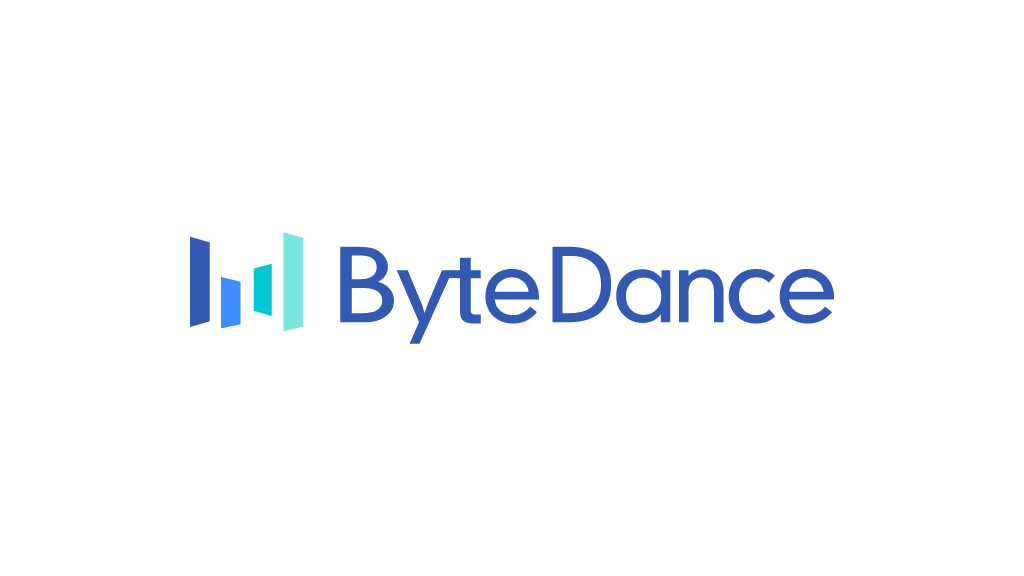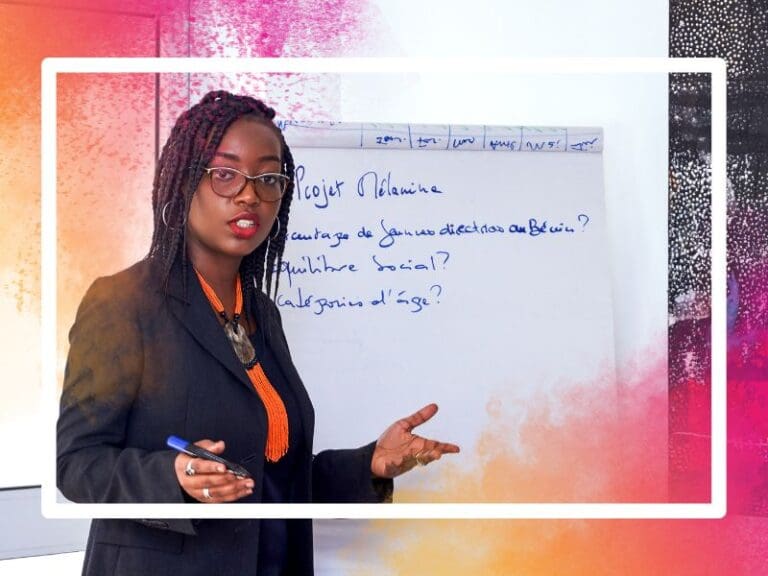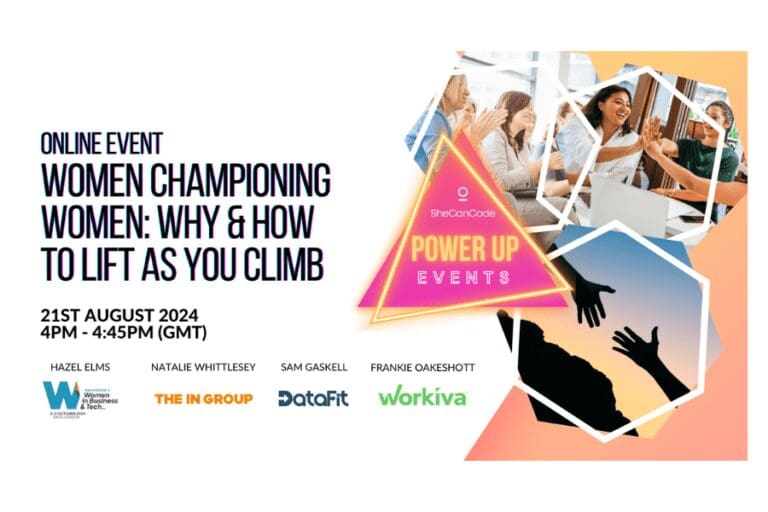We recently caught up with Byte London’s Director of Technology – Isabel Perry.
What does your role as Director of Technology involve?
Byte is a marketing technology agency which combines data, technology, creative content, and paid media. We specialise in building emerging technologies including AR, chatbots, and automation. My role combines company management, technical product management, strategy, and new business. Over the past five years, I have built up our tech offering. This has mainly involved recruiting and managing a cross-functional team of developers and tech planners. Inspiring Stories of Women in Tech and Celebrating Women in Tech highlight the impactful roles women play in advancing technology and leadership.

How will technology evolve in the marketing industry?
Technology is a means to an end. I find it very frustrating when I see tech presented as the solution, the strategy, or the idea.
For me, it is and will continue to evolve as a layer that we apply to all of our services at Byte, to help us make better, faster, cheaper work. Celebrating Women in Tech, especially during challenges like Covid-19, reinforces the importance of this evolution.

We spend most of our time thinking about tech applied to three areas:
- Interactive experiences like chatbots, AR and avatars
- Creating assets at scale, like ‘Lightspeed’ that we built to generate over 1000 videos in under 30 mins
- Automation to improve our paid-media and reporting. For example, we developed a tool called ‘Reactor’ for a client that needed to automate the re-allocation of ad spend at a postcode level.
What skills are you most interested in, when considering potential candidates?
Within the tech team we have tech planners, and developers. Unsurprisingly, I’m interested in developers who have experience building products like ours as well as excellent programming skills (primarily Node and Typescript).
Tech Planners are an interesting hybrid role – combining project management, experience strategy, UX, conversation design, and analytics. I look for people with varied backgrounds who have excelled at something, anything – because it is important people have different strengths within the team.
What tools and resources do you use to keep ahead of tech trends?
I believe that if you keep returning to technical documentation and you will always know the limit of what is and isn’t possible.
In terms of wider trends – I am really enjoying The Interface newsletter’s coverage on COVID-19 and tech trends. I also always read Benedict Evans’ weekly newsletter.

How does Byte approach personal development and learning & development for its teams?
We ensure some of our roles have up to 20% of their time specifically dedicated to R&D.
Other people are in interdisciplinary ‘squads’ that focus on areas of innovation.
We also run training programmes for individuals and teams. For example, all of our Leads participate in external workshops covering management training, resilience and giving and receiving feedback regardless of their discipline.
Paired programming and daily code reviews help keep the developers progressing.
How do you think we can get more women into tech?
Education and Encouragement.
- Educate schoolgirls on programming. But I appreciate that will take significant time to trickle through.
- Encourage women interested in tech to take the leap at whatever stage of their career.
It’s easy to forget that the demand for developers far outstrips the supply, and so if you attend a coding bootcamp you have a very good chance of getting an interesting role when you graduate. So even if it feels like you’re taking a step back in your career, or you think you’re too old to make the change, you will probably be paid more than a lot of your peers very quickly.
It’s so hard it is to recruit good developers. But good developers come from extremely varied backgrounds. This makes me hopeful that women just need to take that leap and they’ll be great.
There are also so many roles in tech – like product management, UX, technical project management, research and strategy that might appeal to other women – and I’d say it’s never been easier to learn these skills and prove your interest and ability online. Particularly with universities like Yale and Harvard releasing so many of their courses for free throughout the coronavirus.
One final piece advice for women in tech?
Ask the stupid questions.
You’ll either reveal that people had made lots of different assumptions (so easy, with tech), or you’ll embarrass yourself.
But better to embarrass yourself now than in three years’ time when you’re more senior!
Related SheCanCode resources:
- Top 10 Free, Online Tech Courses
- Top 10 Coding Bootcamps in Europe
- #PowerUp Your Tech Career: Tips, Tools and Advice – Whatever Your Career Path








